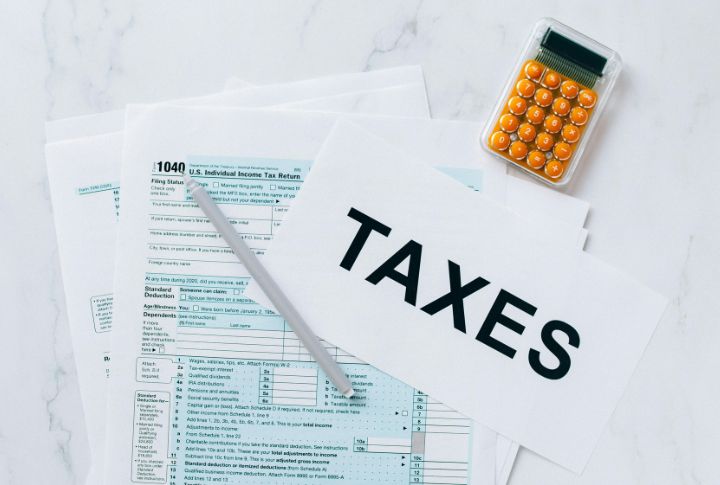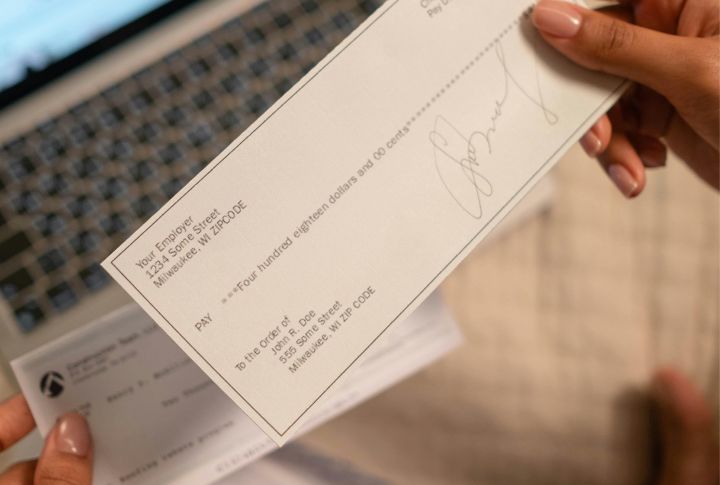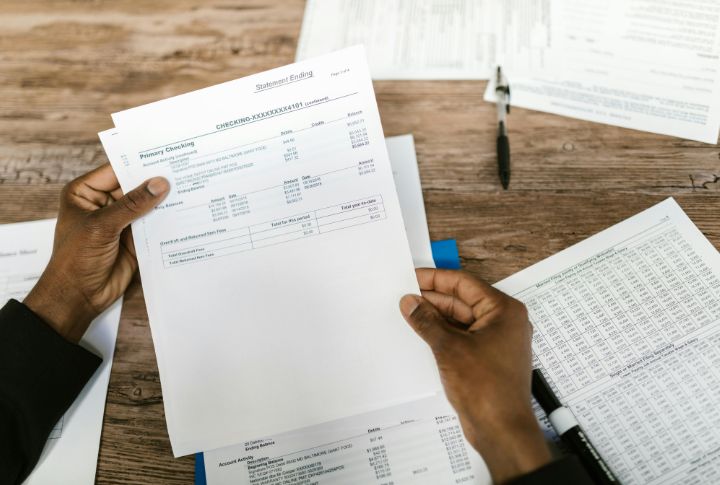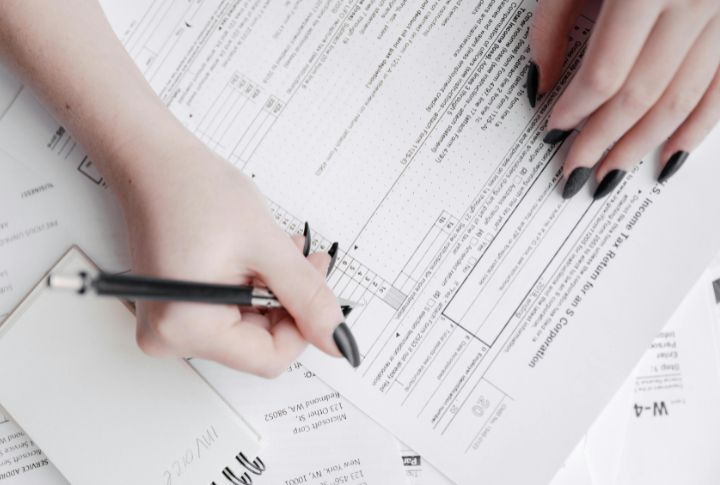
Most people either hoard every bank statement or toss them the moment the balance looks right. The truth sits somewhere in between. Some papers can protect you years later, while others are just taking up space. So, what’s worth keeping and shredding? It’s time to tidy up your finances the smart way. Let’s begin with five bank statements you should keep safe.
For Tax Purposes (Up To 7 Years)

When tax season rolls around, old bank statements can save the day. The IRS usually wants you to hang on to tax documents for three years, but it can stretch to six or even seven if there’s underreported income or bad debt claims.
Proof Of Payment Or Disputes (1–3 Years)

If you’ve ever needed to prove a payment, you know how helpful bank statements can be. Experts say keep them for one to three years in case of disputes or errors. Thanks to online banking, you don’t need piles of paper anymore. Digital statements and backups make tracking payments quick and stress-free.
Loan Or Mortgage Applications (1–2 Years)

Applying for a loan or mortgage means showing your financial history, and recent bank statements do the job perfectly. Keeping the last one to two years of records gives lenders the proof they need. It also enables you to see your spending habits before signing anything big.
Business Or Self-Employment Records (Up To 7 Years)

For business owners and freelancers, detailed records are everything. The IRS requires you to hold onto them for at least three years, extending up to seven years for bad debt deductions. Bank statements in this case serve as essential evidence of transactions.
Legal Or Insurance Claims (Varies)

Bank statements can be a lifesaver if you ever face a legal issue or need to file an insurance claim. They show payment history and losses clearly. Many policies suggest keeping them for up to six years, depending on the case.
Now, let’s look at when it’s perfectly fine to let some papers go.
After Reconciliation (1–2 Months)

Once your monthly bank or credit card statement arrives, give it a quick check against your records. After one or two months, if everything adds up, you can safely shred it—unless it supports a tax deduction, shows income, or might come in handy for a dispute.
When You Have Digital Copies

Paper clutter is risky, and mail theft doesn’t help. Digital banking makes things safer and simpler. Most banks keep online statements for about 18 months, and you can save them as secure, compact PDFs. E-statements not only save space but also protect your private info better than paper ever could.
After Tax Filing (If Not Needed For Audit)

Once your taxes are filed, you can hold on to related bank statements for three to six years if there’s underreported income. After that, you can let them go. But don’t forget to keep your actual tax returns forever as digital PDFs.
Old Statements Beyond Retention Periods

When old statements outlive their usefulness, shredding protects you from identity theft. Banks must keep deposit records over $100 for at least five years. So, check your bank’s policy, and once your copies outlast that period, it’s time to move on.
Closed Accounts

Even after an account is closed, banks hold onto records for years (usually five to ten) to follow federal rules and security laws. So, you don’t need to keep your own copies. Once your bank confirms its records are secure, you can safely shred the extras at home.
